Few years in recent memory have tested the clarity and consistency of the FDA’s regulatory direction as much as 2025. With frequent leadership transitions, staffing reductions, and a federal government shutdown stretching much of the year, communication and continuity have been strained. For those in toxicology and drug development, the result has been an atmosphere of uncertainty — one where regulatory language and intent have often felt open to interpretation.
At this year’s American College of Toxicology (ACT) Annual Meeting in Phoenix, Jacob McDonald, PhD, President and CEO of Envol Biomedical, will join Timothy McGovern, Co-Founder of White Oak Regulatory Tox and former FDA regulator, to address the question on everyone’s mind: What do these changes really mean for the future of drug development and nonclinical testing?
A Year of Uncertainty and Mixed Messages
The presentation, scheduled for 7:00 a.m. on Monday, November 17, examines how the churn in FDA leadership — including turnover in key review and policy positions — has impacted the agency’s direction and efficiency. As McDonald explains, this has created “a lack of continuity and clarity in the FDA’s vision,” leaving drug developers struggling to discern how shifting philosophies will affect study design, review expectations, and timelines.
McGovern will offer rare, insider perspective as someone who served within the agency during previous transitions and now advises sponsors navigating its guidance. Together, McGovern and McDonald will unpack not only the operational impacts of these disruptions, but also the deeper consequences of the evolving language emerging from federal leadership.
The Challenge of Ambiguous Policy and the Push Toward NAMs
One of the session’s focal points will be the FDA’s roadmap for the utilization of non-animal methods (NAMs) — an initiative that has gained traction across government communications and public briefings but remains clouded by uncertainty. While headlines and agency statements have emphasized a vision of “reducing animal testing,” few have clearly defined how, when, or to what extent these changes will be applied.
McDonald points out that this lack of specificity has fueled confusion across the industry:
“There’s been a lot of chatter about moving toward alternative or non-animal approaches,” he notes. “But the difference between what’s aspirational language and what’s actionable policy isn’t always clear. That ambiguity matters when companies are planning studies and investing in programs designed to meet regulatory expectations.”
For developers and toxicologists, understanding whether this guidance represents a near-term mandate or a long-term philosophical shift is critical. Sponsors must decide whether to validate new tools, adjust nonclinical strategies, or stay the course with established animal models — all without knowing which interpretation will ultimately align with the agency’s stance.
Insight from Both Sides of the Regulatory Aisle
McGovern, who previously led reviews within the FDA and recently served as President of ACT, will share firsthand insight into how workforce reductions, early retirements, and shifting internal directives have further complicated policy rollout and review consistency. McDonald will complement this analysis with observations from the CRO perspective, drawing on Envol’s daily interactions with sponsors adapting to these changes.
Their discussion promises to illuminate the complex intersection of intent, policy, and implementation — and to help attendees distinguish between short-term turbulence and long-term regulatory evolution.
“We want to provide clarity and practical perspective,” McDonald adds. “At Envol, our role is to help clients adapt to change without overreacting to speculation. Having partners like Tim, who can interpret both the intent and the implications of new guidance, allows us to support our clients with confidence.”
Why This Session Matters
For scientists, regulatory professionals, and program managers working within the drug development continuum, the consequences of regulatory ambiguity are tangible — affecting study design, timelines, and budgets. This session will give attendees an opportunity to hear candid commentary from two respected voices who bridge the divide between regulatory theory and real-world execution.
Key Topics to Be Discussed:
- Impact of 2025 FDA leadership changes on review consistency
- Workforce reductions and early retirements affecting review efficiency
- Effects of the prolonged government shutdown on regulatory operations
- The evolving roadmap toward non-animal methods (NAMs)
- Interpreting aspirational policy language versus enforceable guidance
- Strategies CROs and sponsors can use to stay adaptive and compliant
“This year has been one of the most dynamic in recent memory for FDA oversight,” McDonald concludes. “Our goal is to cut through the noise and give the toxicology community the perspective it needs to move forward with clarity.”
Continuing the Conversation
Envol Biomedical plans to share highlights from this ACT session following the conference and is exploring a follow-up webinar with McGovern early next year to extend the discussion.
Join Envol Biomedical and White Oak Regulatory Tox at ACT 2025 in Phoenix for a candid, insider discussion on the shifting regulatory landscape — and how scientific partners can continue advancing new therapies amid uncertainty.
Session: Regulatory Change and Its Impact on Drug Development – A 2025 FDA Perspective
Date: Monday, November 17
Time: 7:00 a.m.
Location: ACT 2025, Phoenix, AZ

